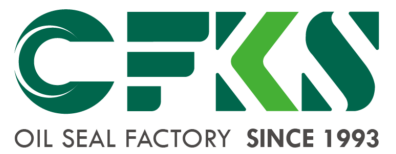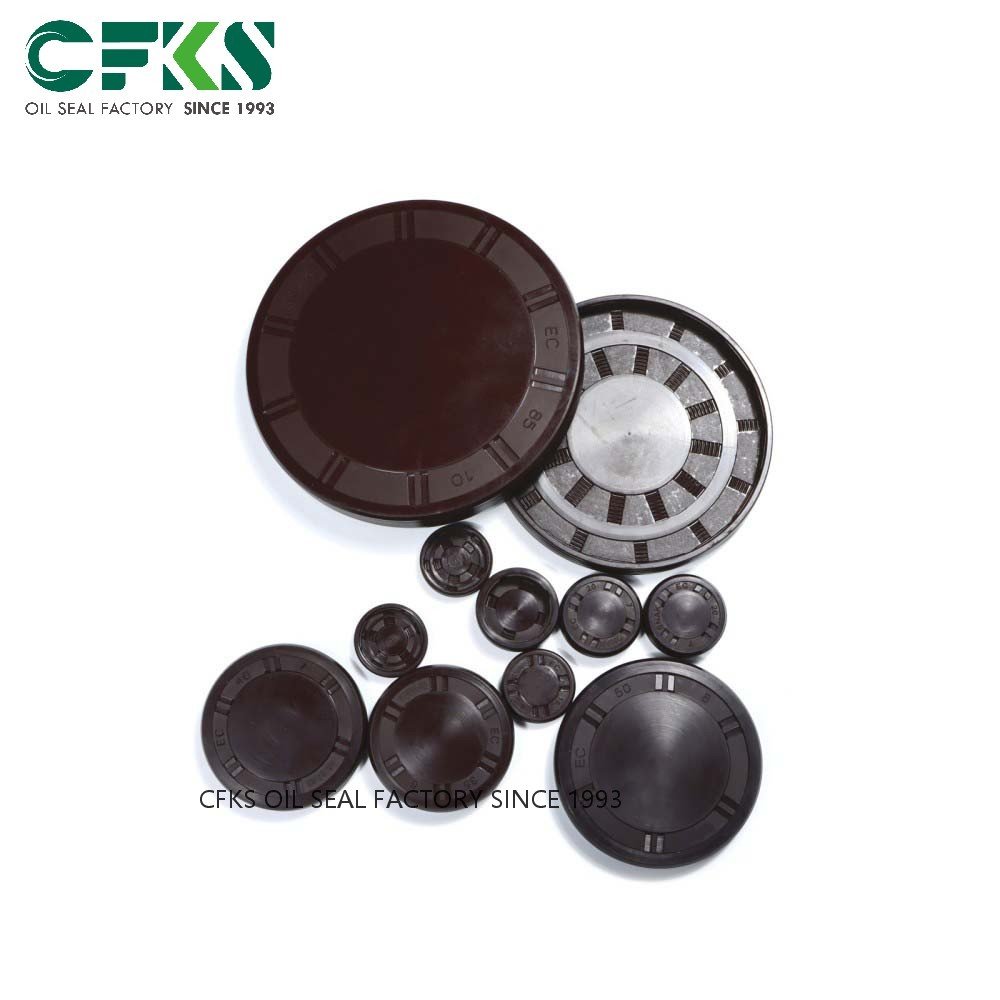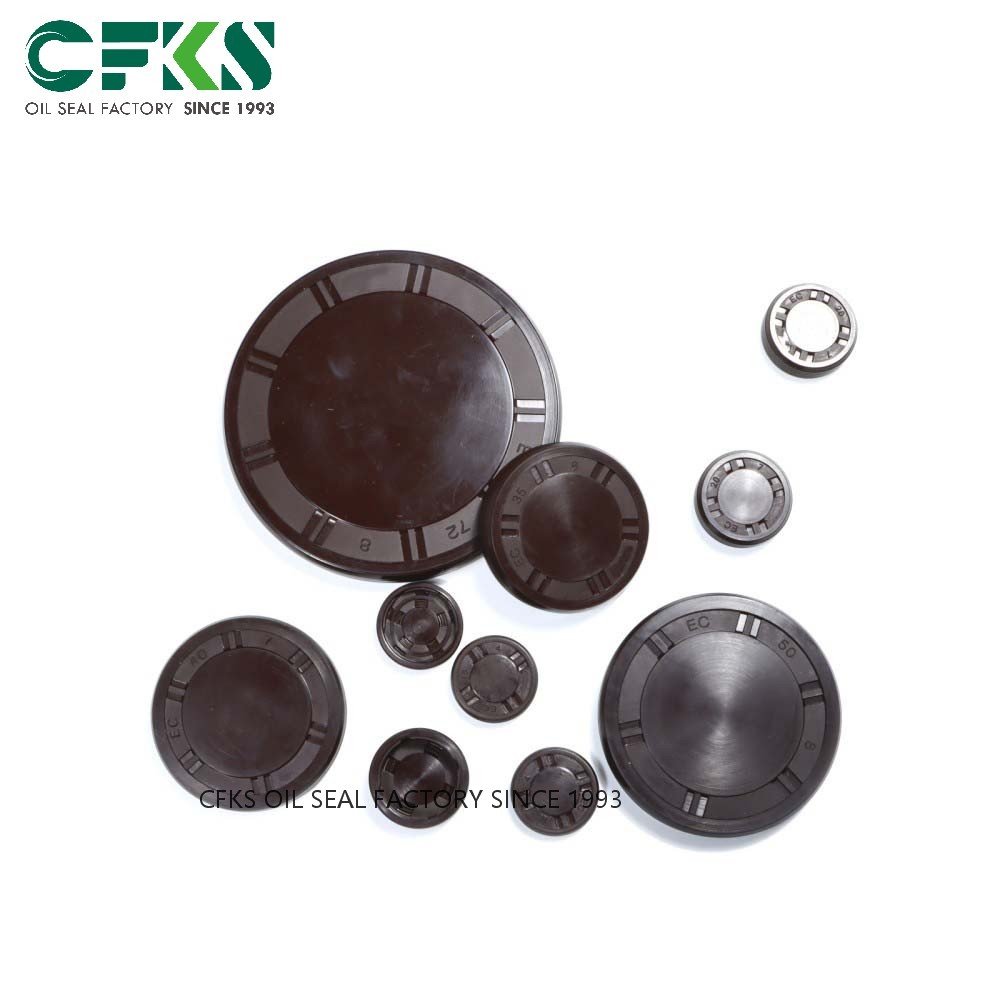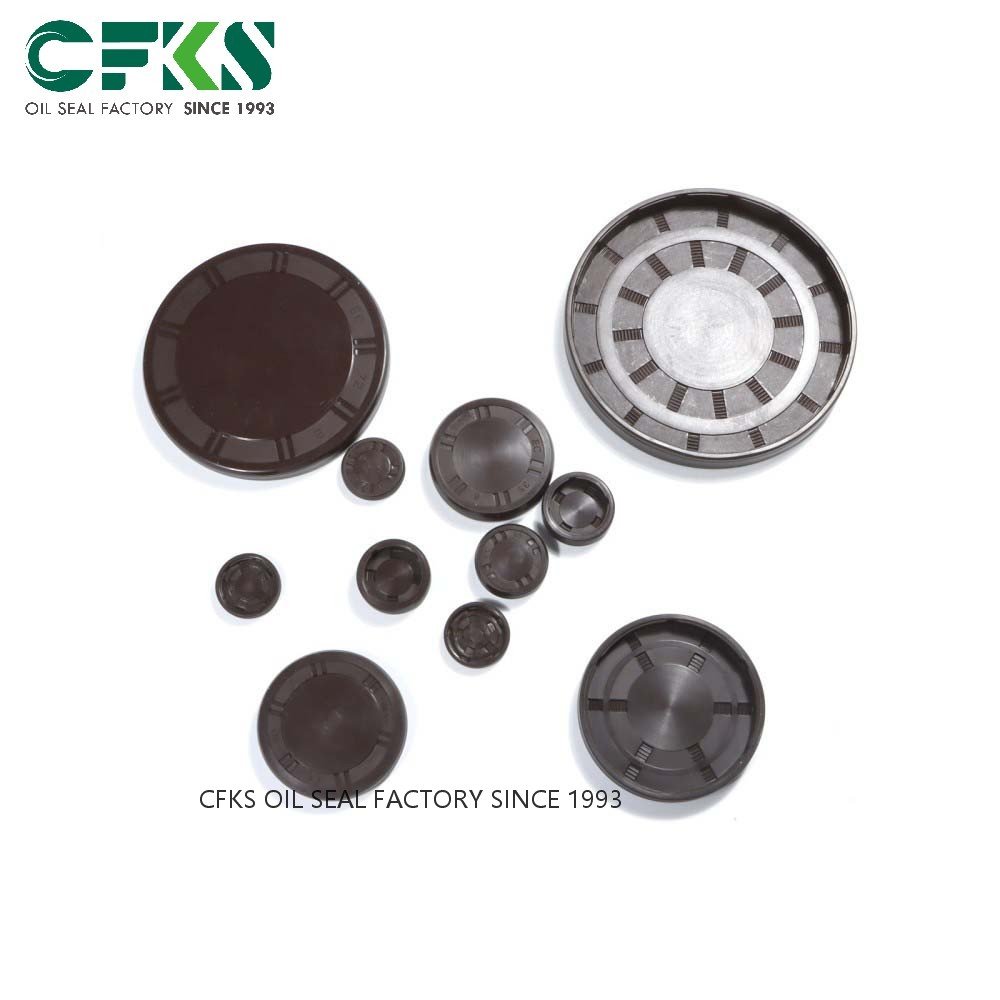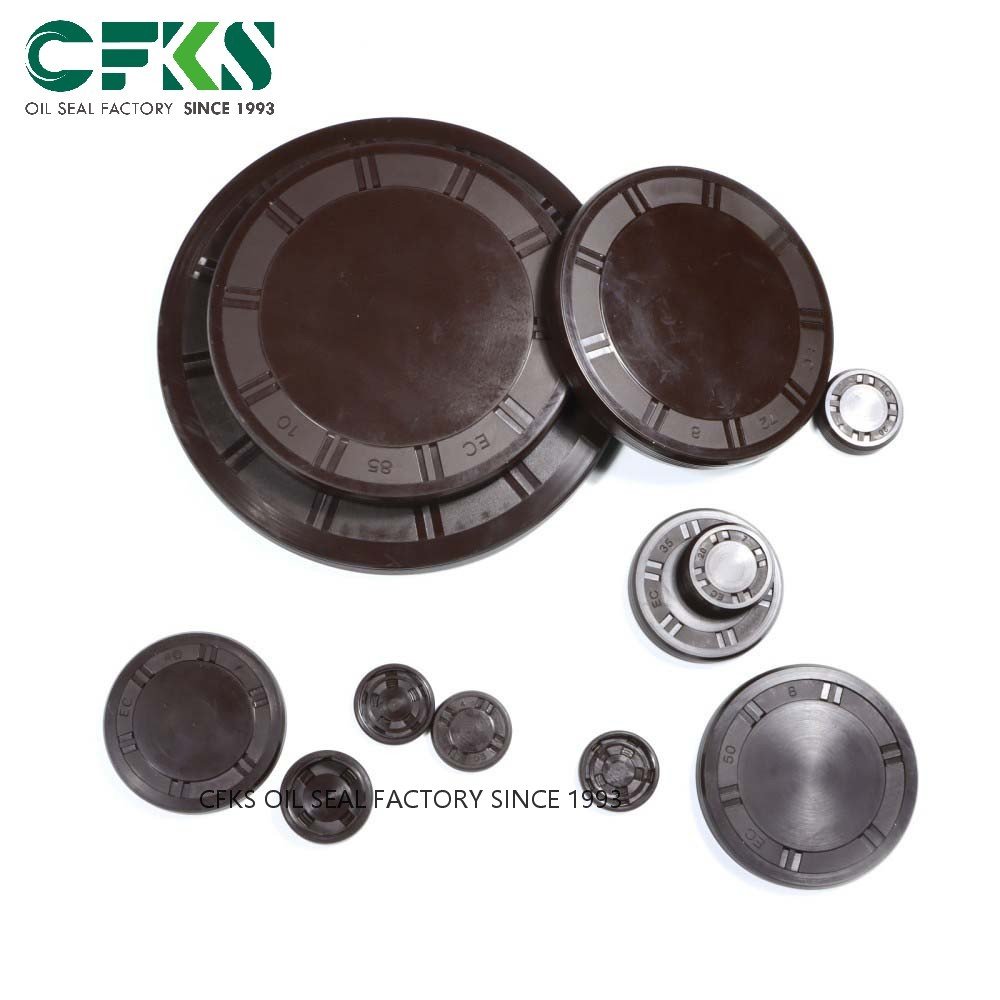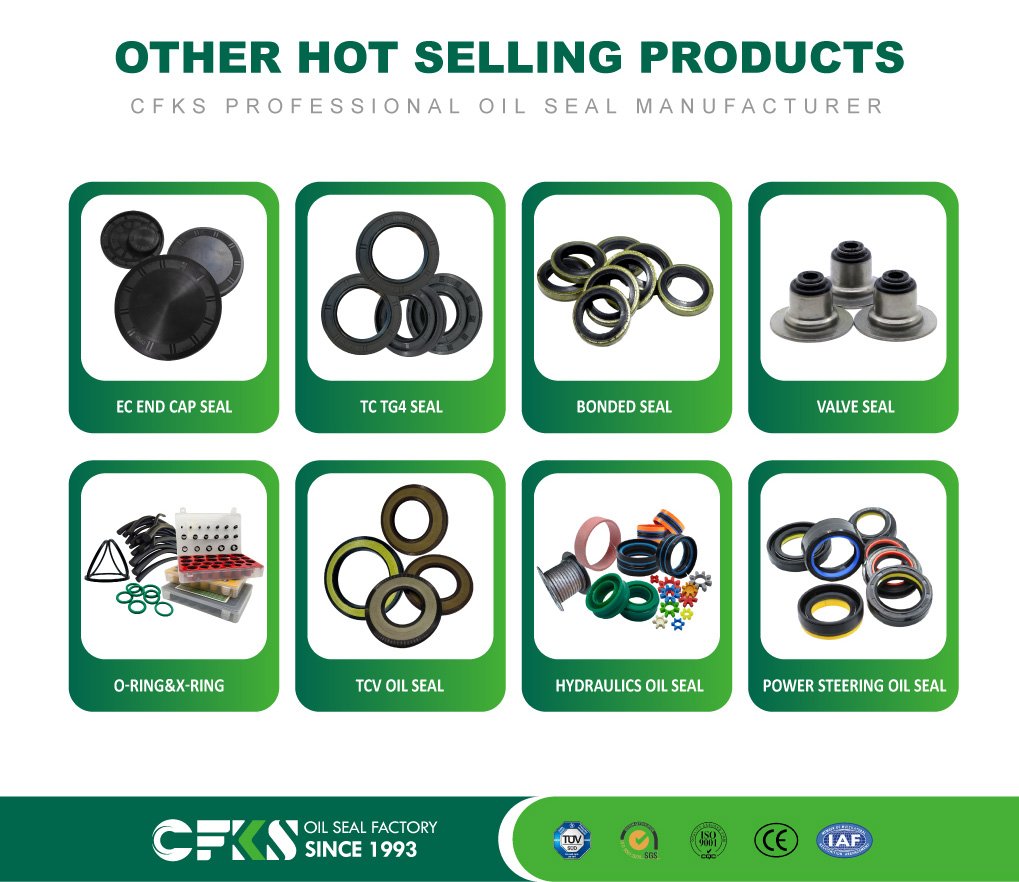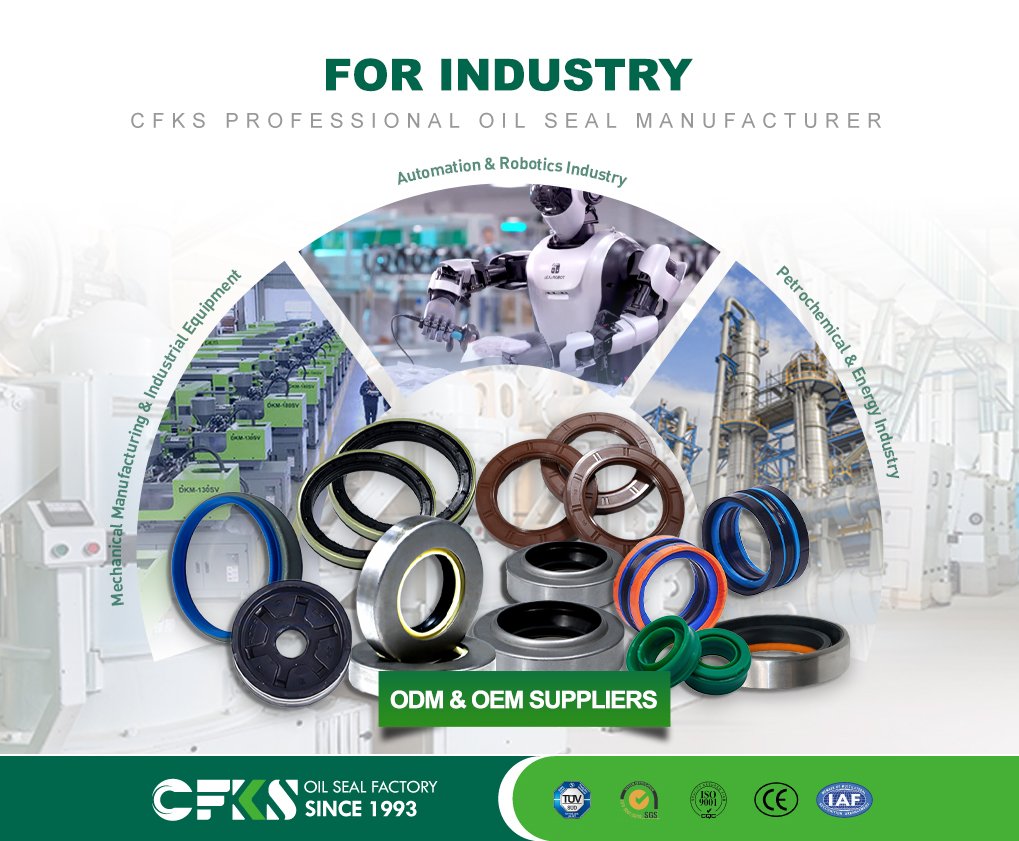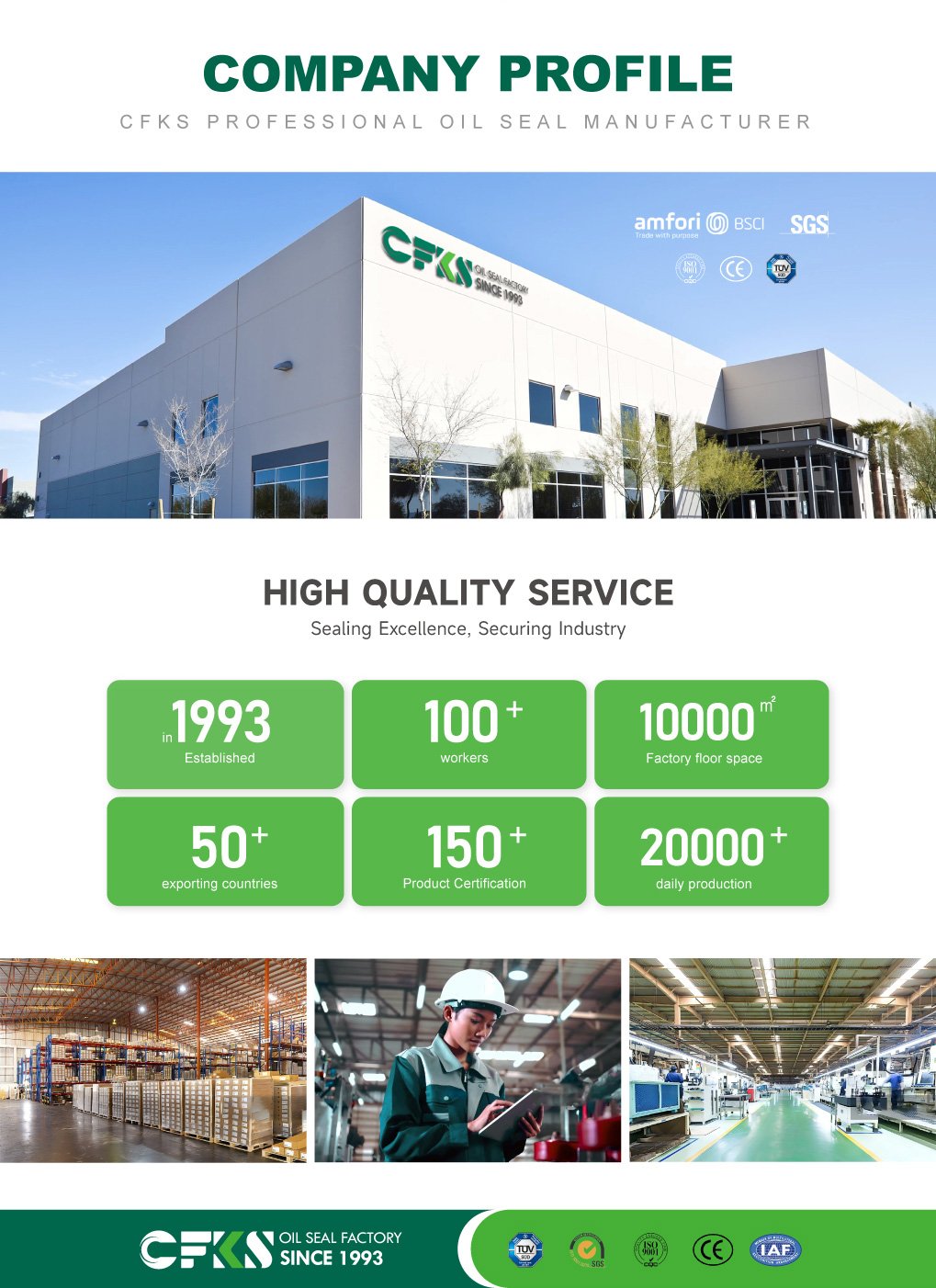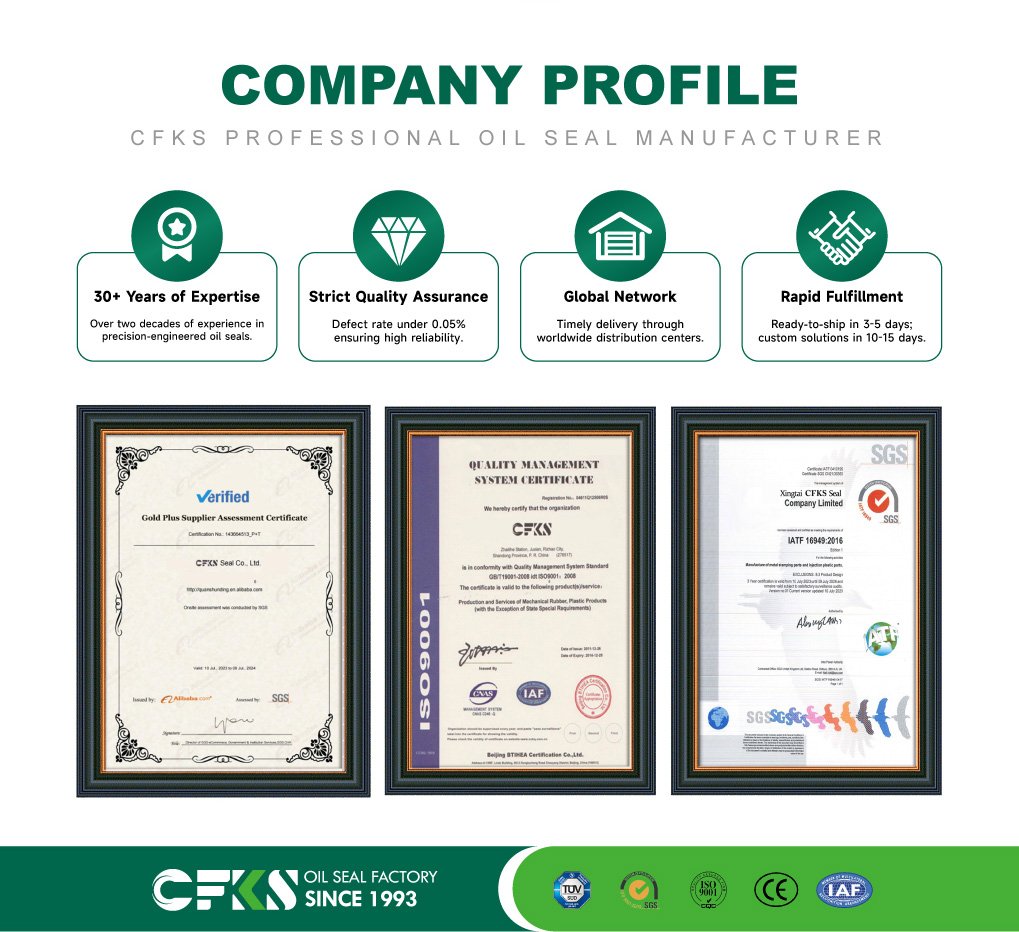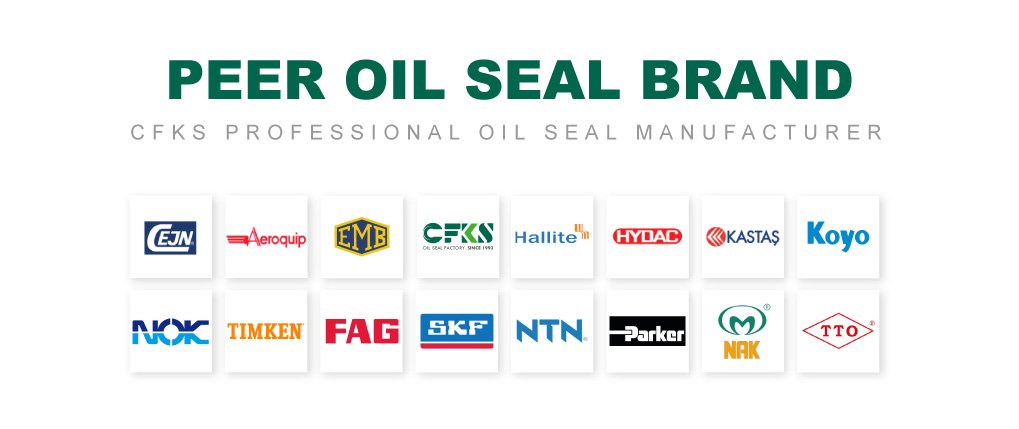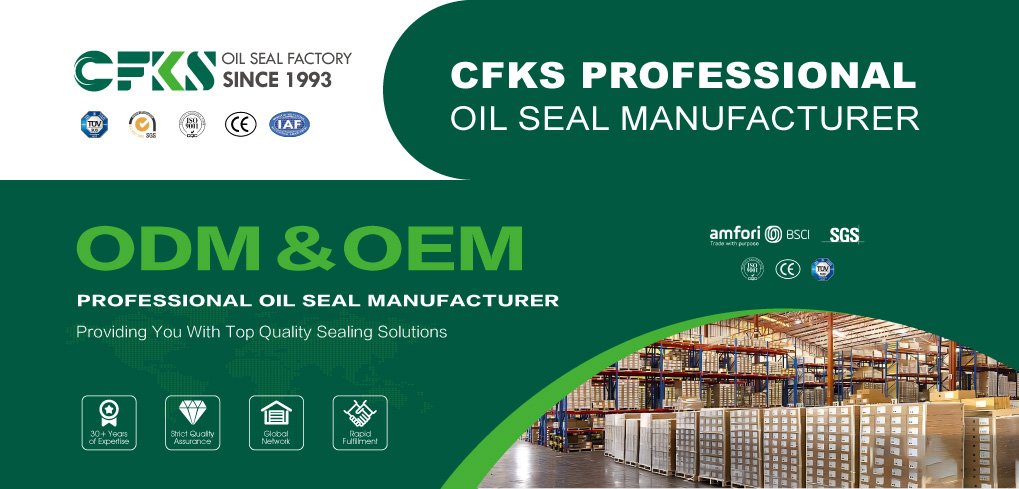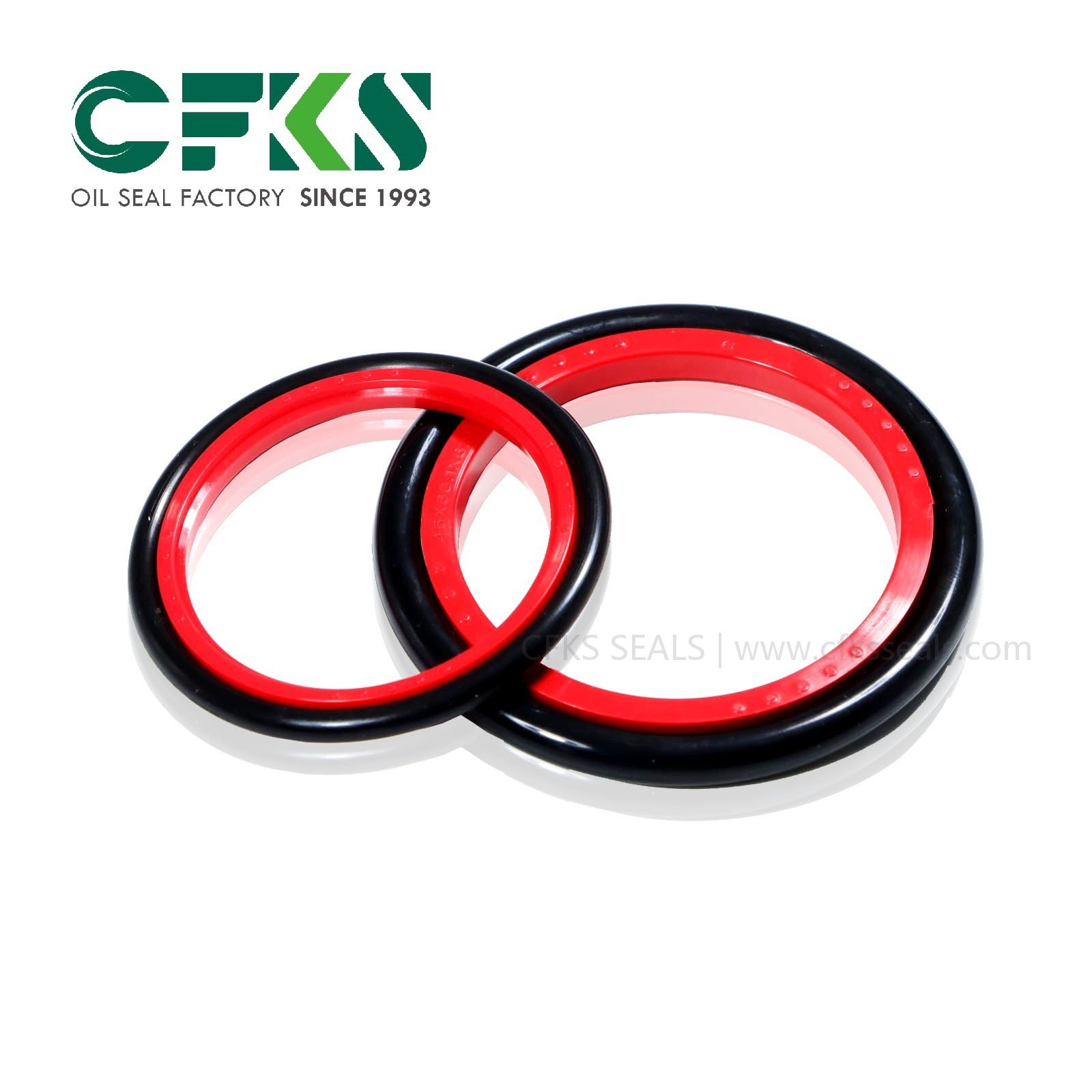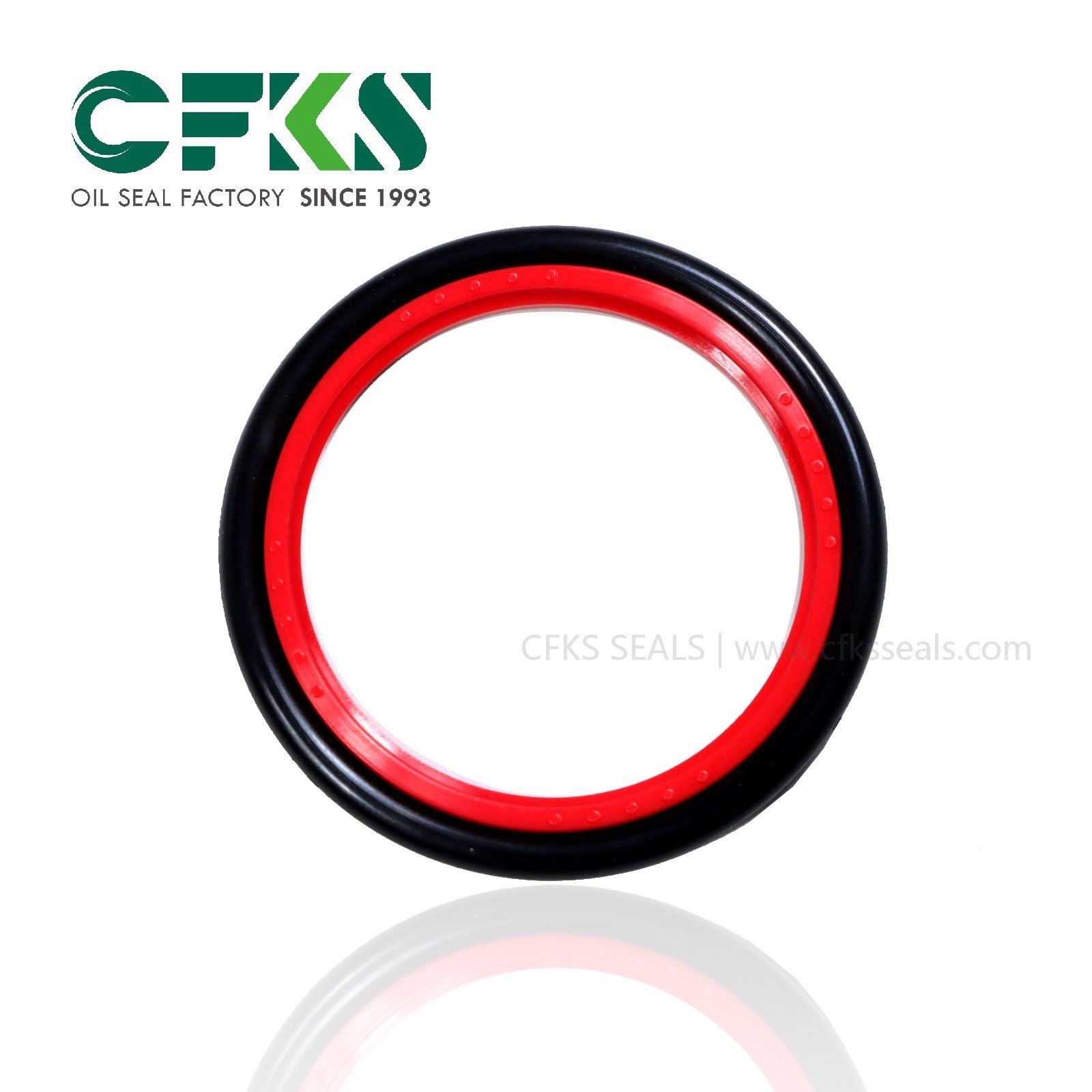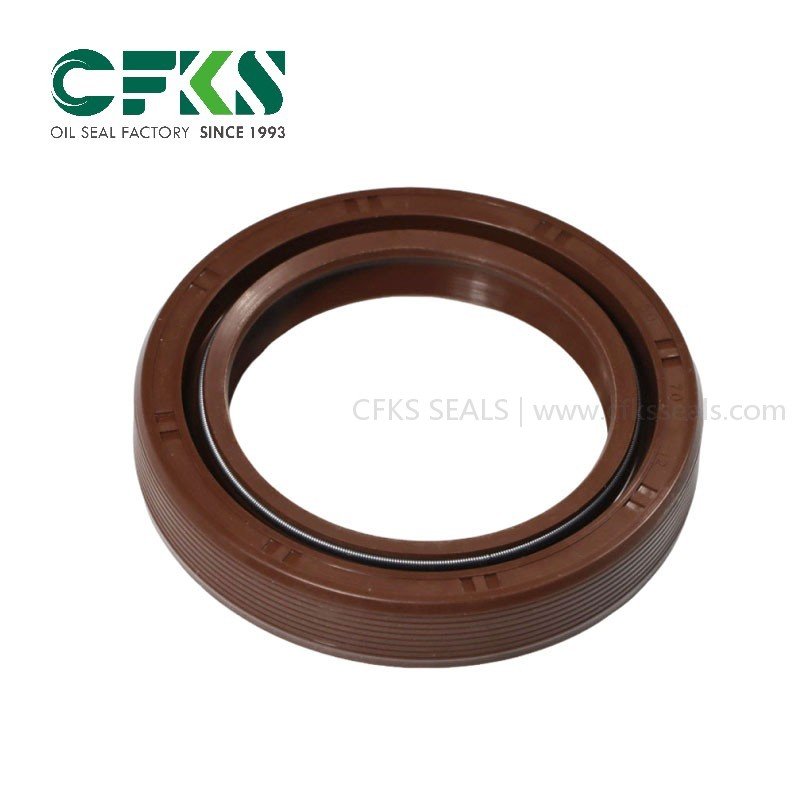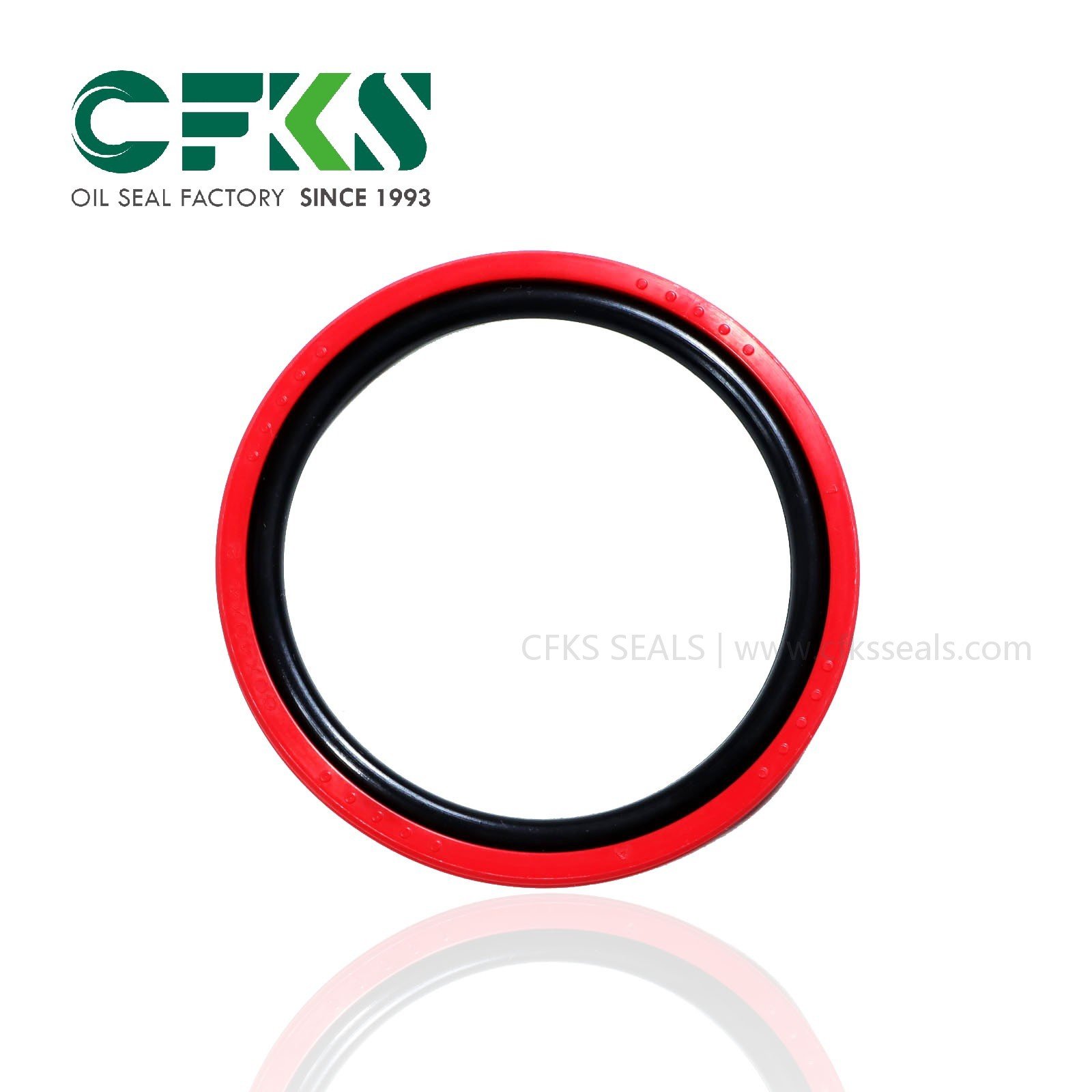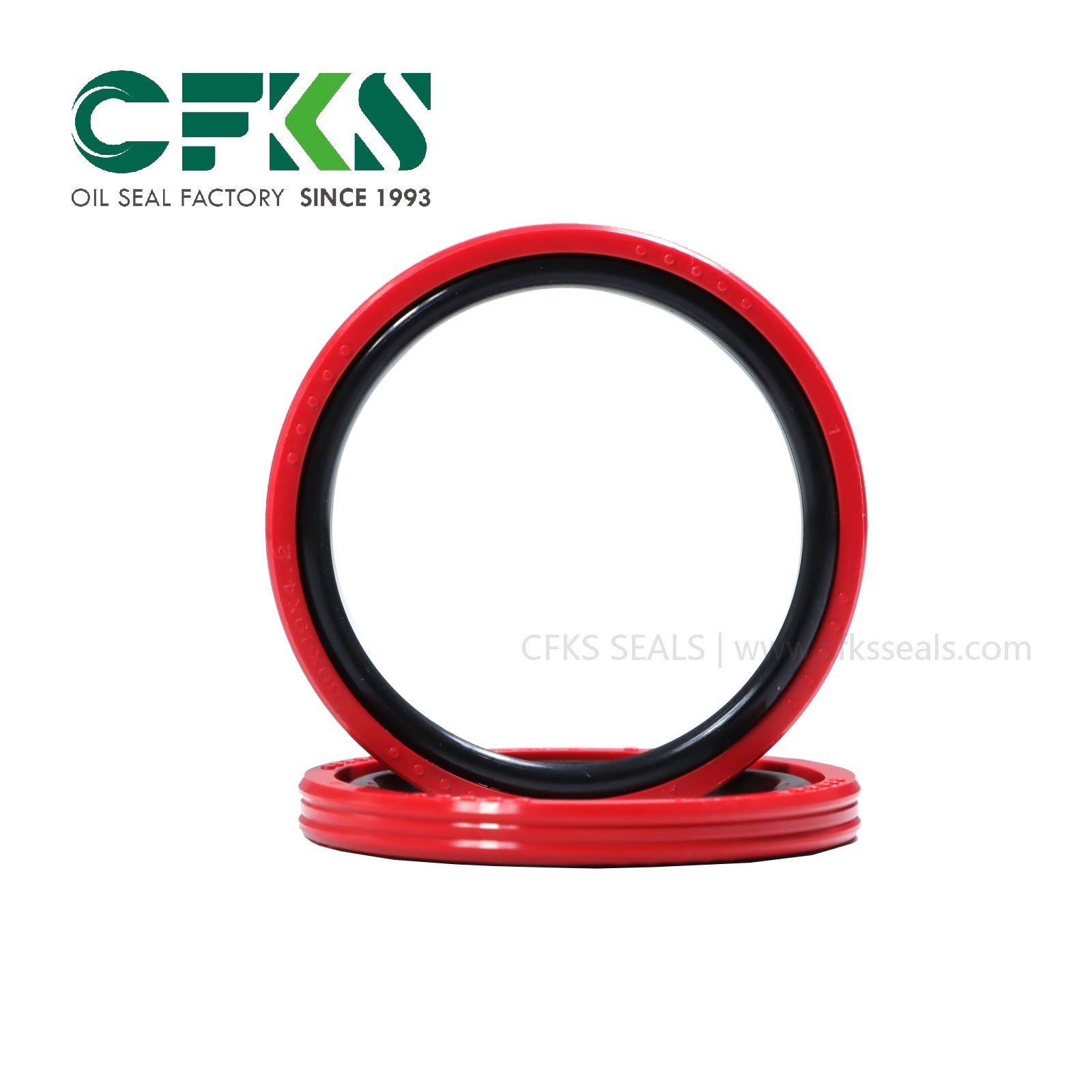CFKS Reducer End Cover Oil Seal EC FKM Nitrile Rubber Oil Seal EC End Cup Cover for Transmission Gearbox
CFKS EC Oil Seal for reducer and gearbox applications. Manufactured from high-quality FKM or nitrile rubber, this End Cover (End Cup) Oil Seal offers excellent sealing for shaft ends, preventing oil leakage and protecting internal transmission components.
Bonded Seal (12)
BS Seal (3)
Cassette Oil Seal (3)
Combi Oil Seal (3)
Construction Seal (9)
Coupling Spider (13)
DAS Seal (3)
DH Seal (4)
DHS Seal (3)
DK/DP Seal (3)
DLI Seal (3)
EC Cup Seal (3)
Glyd Ring (5)
Guide Ring (14)
HBY Seal (2)
High Pressure Water Seal (22)
Hydraulic Oil Seal (143)
IDU Seal (7)
JA Seal (5)
J Type Seal (5)
LBH Seal (2)
LBI Seal (2)
O-Ring/O-Ring Kit (12)
ODU Seal (8)
OK Seal (3)
OUY Seal (3)
Piston Seal (25)
Polyurethane Bump Stop (6)
Polyurethane Washer (3)
Power Transmission Parts (22)
Rod Seal (48)
Rotary Shaft Oil Seal (38)
Split Oil Seal (4)
Split Rotary Shaft Seal (3)
Spring Energized Seal (3)
Stainless Steel Oil Seal (3)
Step Seal (3)
TBV (20)
TC/TG Seal (100)
TCV/TCN (9)
UHS Seal (3)
UN/USH/UPH Rod Seal (21)
UPH Seal (2)
VA/VS Seal (3)
Wiper Seals/Dust Seal (36)
